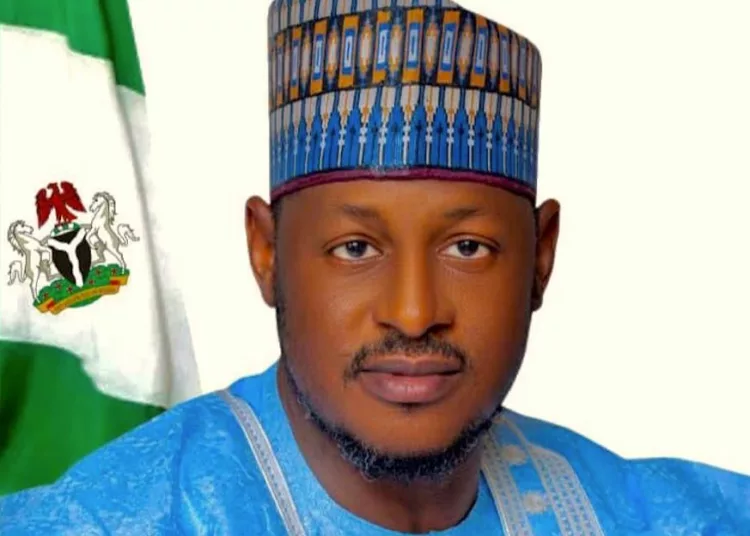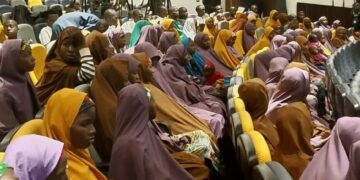In recent years, Katsina State has witnessed a shift in how disability issues are addressed, thanks to deliberate policies and practical interventions championed by Mallam Dikko Umaru Radda.
Through the Office of the Senior Special Assistant (SSA) on Disability Affairs, Lt Hudu Usman(rtrd), his administration is steadily dismantling barriers that once excluded persons with special needs (PWSNs) from mainstream society.
What emerges is a portrait of inclusion, one that blends empowerment, welfare, and political recognition.
At the heart of these interventions are empowerment programmes designed to move PWSNs from the margins of charity to the centre of economic activity.
Over 750 beneficiaries across Katsina’s three senatorial zones have acquired vocational skills and livelihood support. For many, this marks a turning point: instead of dependence, they now have opportunities to generate income, support their families, and live with dignity.
The scale of this outreach shows that the administration understands disability not just as a health or welfare issue but as a matter of economic justice.
Another critical pillar is accessibility and awareness. By ensuring public buildings, schools, and transport systems reflect universal design standards, the office addresses one of the most persistent obstacles PWSNs face: physical exclusion.
Alongside this, campaigns against stigma and discrimination are reshaping societal attitudes, signalling that disability rights are human rights. The narrative of pity is slowly giving way to one of empowerment and respect.
The SSA’s office has also leveraged collaboration with government agencies and NGOs to broaden its impact.
Partnerships with organisations such as SEMA and Gwagware Foundation have resulted in food support for hundreds of PWSNs and educational interventions for out-of-school children. This blend of humanitarian support with long-term development creates a more sustainable path toward inclusion.
Regarding welfare and healthcare, the administration has moved beyond token support to systemic solutions. More than 1,600 PWDs are now enrolled in the Katsina State Contributory Healthcare Management Agency, ensuring ongoing access to medical services.
Financial sponsorships worth millions of naira and the provision of assistive devices like wheelchairs and tricycles demonstrate a tangible commitment to improving daily living conditions.
Perhaps the most significant yet understated achievement lies in political and civic inclusion. By conducting voter registration sensitisation across all senatorial zones and advocating for the involvement of PWSNs in local government administration, the office is planting the seeds of long-term representation.
Disability is being reframed not as a passive category but as an active constituency with a voice in governance.
Taken together, these interventions reflect a broader philosophy driving Governor Radda’s administration: that no citizen should be left behind.
The SSA’s work on disability affairs is not merely about handouts but about rewriting the social contract between government and marginalised groups.
By opening doors to education, healthcare, economic opportunity, and political participation, the administration empowers persons with special needs to take their place as equal contributors to Katsina’s development.
The story unfolding in Katsina offers a model for other states: inclusion is possible when there is political will, practical planning, and a belief in every citizen’s potential.
Isah Hati is one of the beneficiaries that the governor recently supported with funds to go for a major medical operation and treatment of tuberculosis, which he was diagnosed with. He thanked the governor on behalf of other persons with physical challenges in the state.











